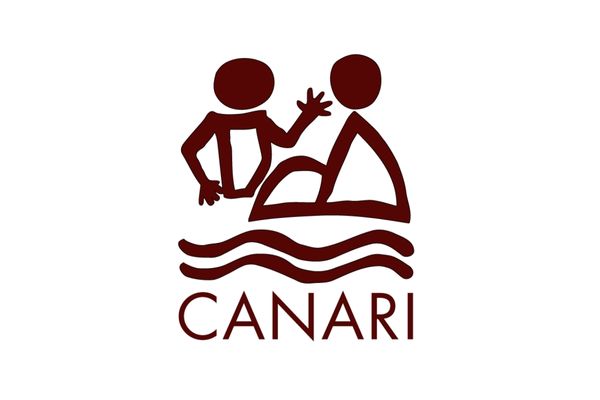MENUMENU
Climate change poses a significant risk to the South Coast, St. Vincent. It is the epicentre of tourism on the mainland and a key fishing site, with a population of approximately 29,000 across seven communities. It is also the site of the mainland’s only marine protected area, the South Coast Marine Conservation Area (SCMCA).
Ecosystem valuation will identify priority areas and actions for ecosystem-based adaptation, including coastal and watershed rehabilitation. Local blue-green enterprises will be strengthened for sustainable livelihoods within the tourism and fisheries sectors and reducing pressure on ecosystems. Stakeholder capacity and institutions will also be strengthened for participatory, multi-level governance as part of the approach.
The project pilots a local blue-green economic development model that protects, restores and sustainably uses coastal and marine ecosystems for ecological, socio-economic and climate resilience in the South Coast, St. Vincent. A landscape approach is being used to address key risks from climate change and land-based pollution, including within the South Coast Marine Conservation Area (SCMCA), surrounding watersheds and seven communities.
This approach integrates a blue-green economy framework to support local economic development that 1) operates within environmental limits and protects and restores natural capital and ecological services; 2) provides economic opportunities to local communities including vulnerable groups such as women and youth; 3) builds socio-economic resilience. Using existing data and zoning plans, ecosystem valuation will identify priority areas and actions where investment in ecosystem-based adaptation (EbA) and risk reduction will be efficient and cost-effective. Identified EbA actions will scale up the coral reef and mangrove protection and restoration efforts in the SCMCA and enhance pollution abatement to improve wastewater management. Livelihood development will build sustainability in the key tourism and fisheries sectors and reduce pressures on critical ecosystems. Stakeholder capacity and institutions will be strengthened for integrated, participatory and multi-level governance as part of the landscape approach.
The resources for this project will be available soon.

After over a decade of providing sustainable financing for the Caribbean region, the CBF has directly or indirectly funded an estimated 100 projects and initiatives that implement effective conservation actions. This database provides details of those projects.